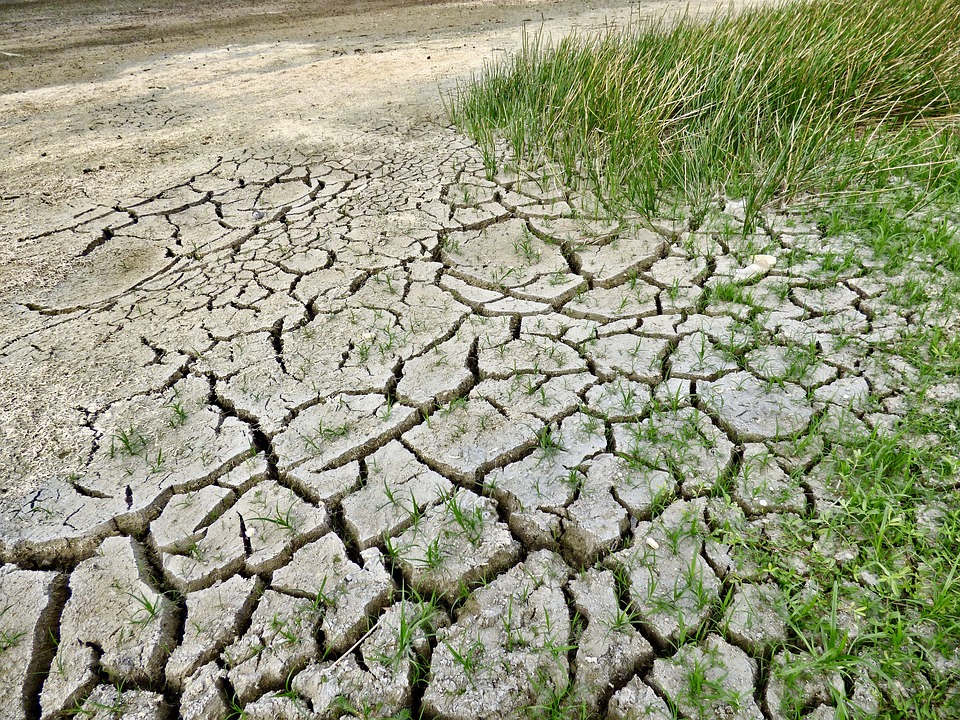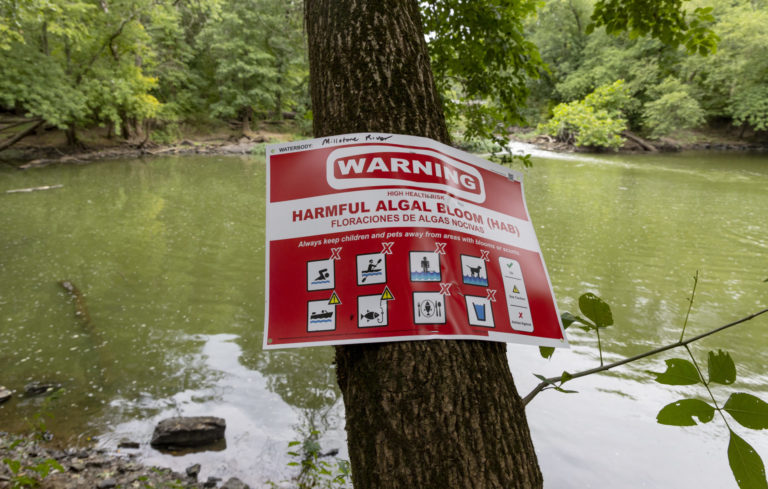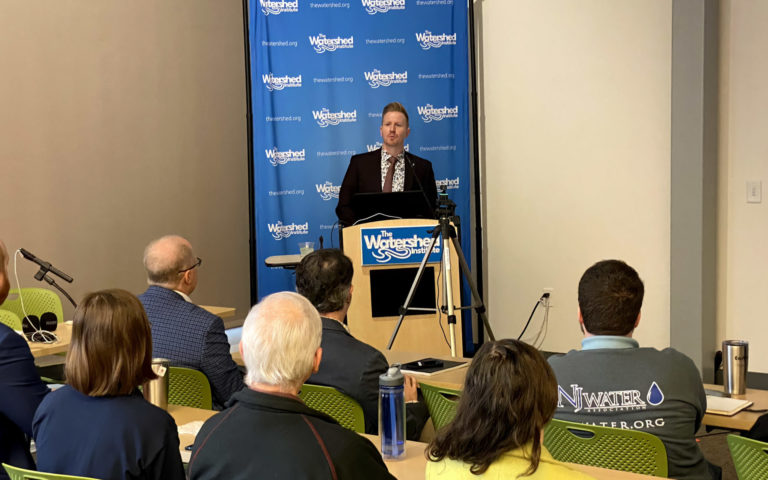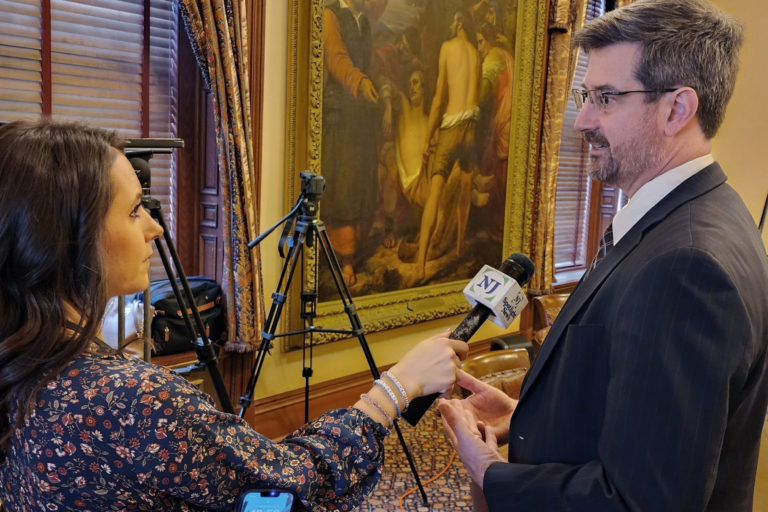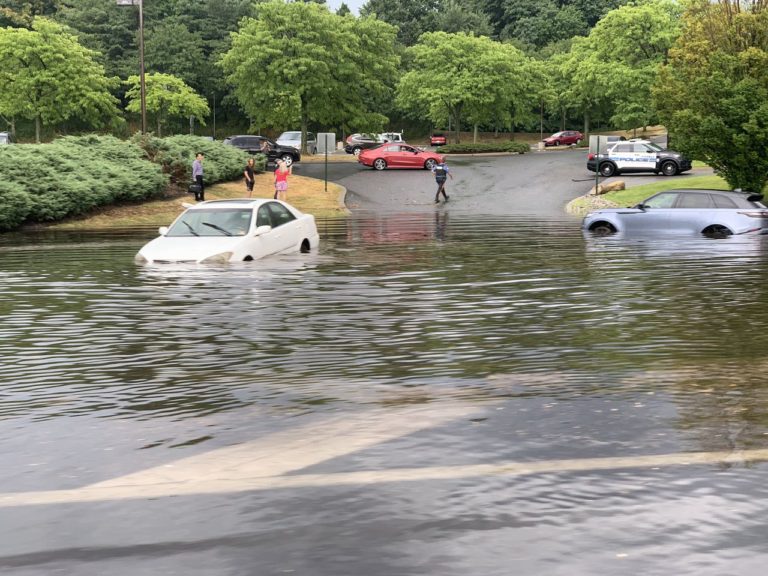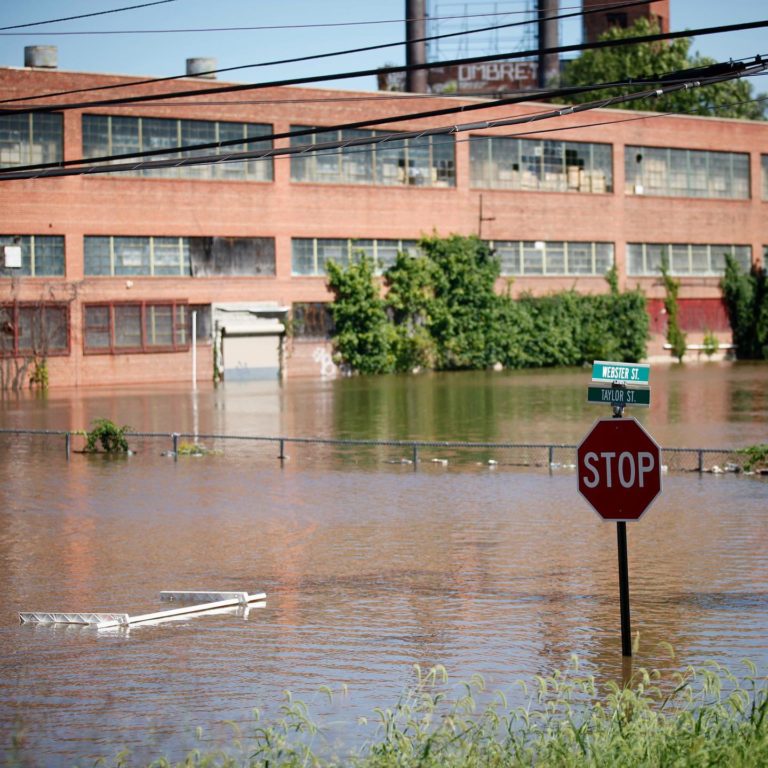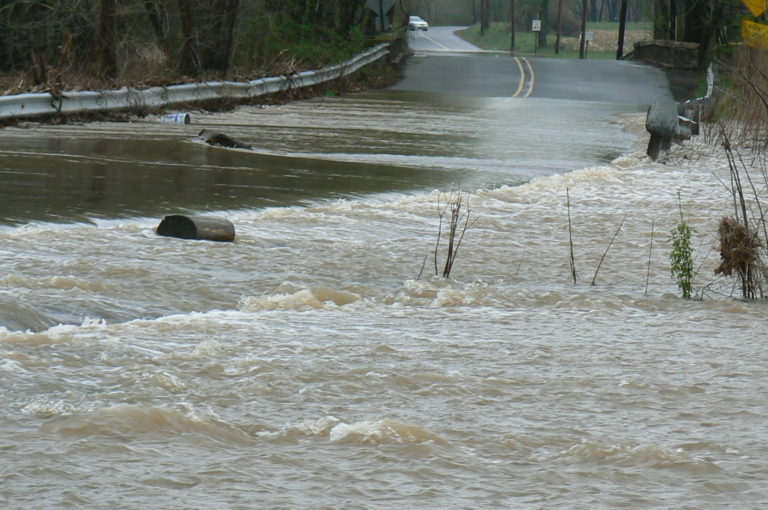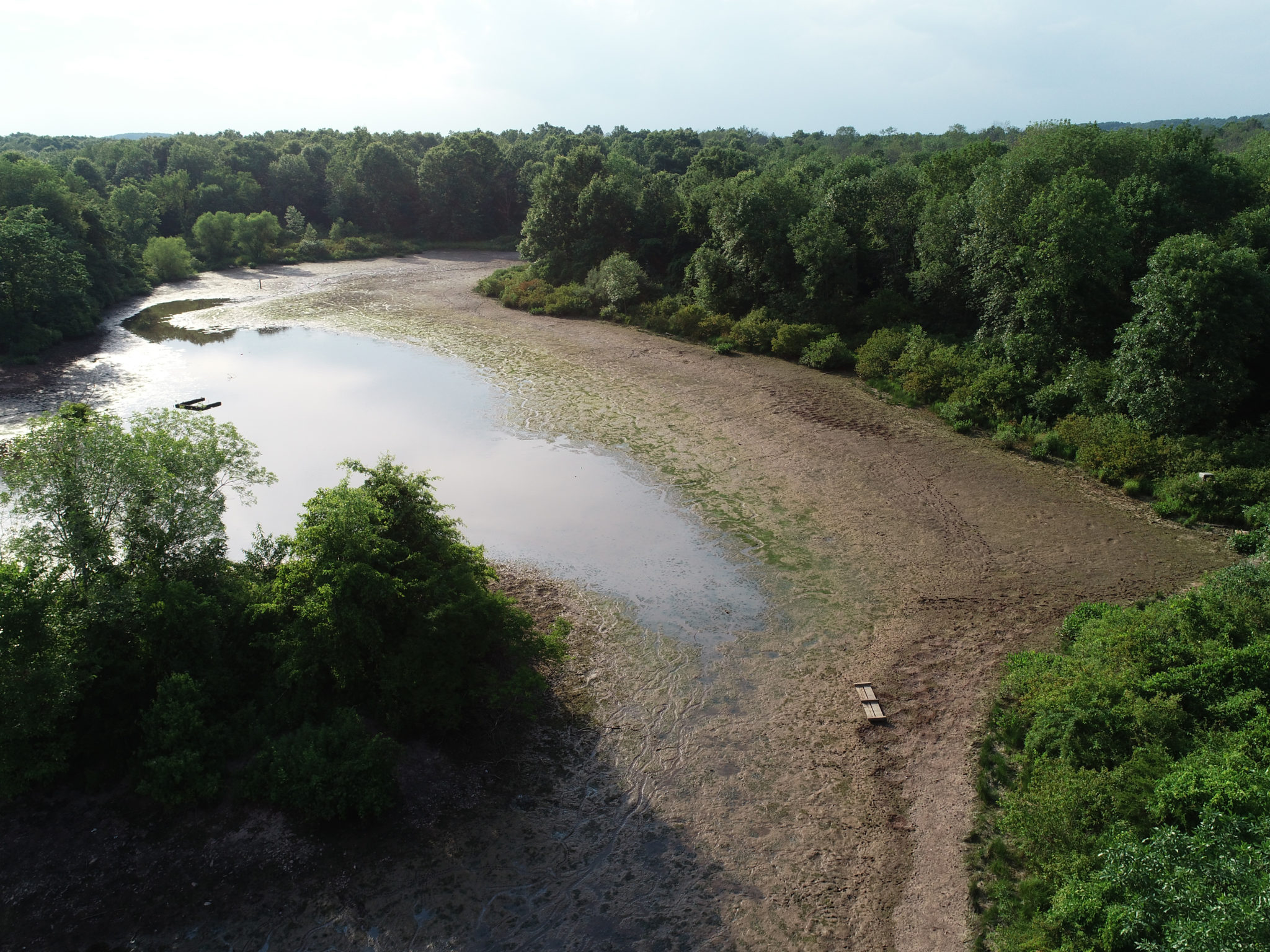 The vast majority of the world’s scientists agree that human activity is changing our climate. The combustion of fossil fuels, such as coal, oil and gas, release carbon dioxide and other substances into the air. These gases create a “greenhouse effect,” trapping the sun’s heat and resulting in rising temperatures at the Earth’s surface and in our atmosphere.
The vast majority of the world’s scientists agree that human activity is changing our climate. The combustion of fossil fuels, such as coal, oil and gas, release carbon dioxide and other substances into the air. These gases create a “greenhouse effect,” trapping the sun’s heat and resulting in rising temperatures at the Earth’s surface and in our atmosphere.
Climate change has a particularly strong impact on water. Evaporation, transpiration and precipitation increase as the Earth warms. Many parts of the world are experiencing intense storms and flooding, while other regions are harmed by severe drought. These changes are threatening entire ecosystems and human populations around the globe.
According to NJ State Climatologist David Robinson, a member of the Watershed’s Science and Technical Issues Committee, the average annual precipitation in New Jersey has increased from 43.9 inches, over the first seven decades of the
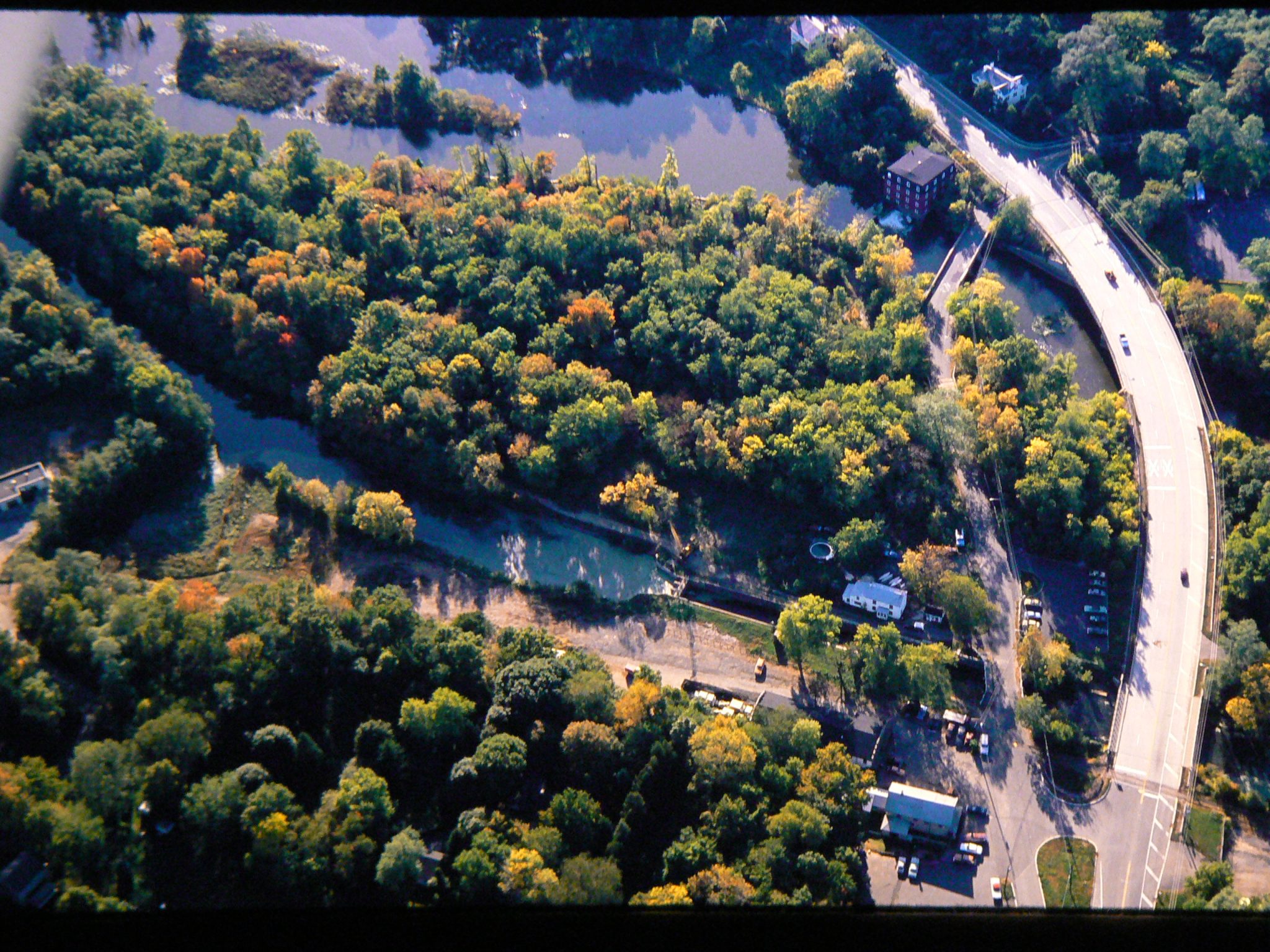
20th century, to 49.4 inches during this century. Much of the increase is occurring in particularly large storms. According to the National Science and Technology Council’s 2014 National Climate Assessment, the amount of precipitation falling in “very heavy events” (defined as the heaviest 1% of all daily events) increased by 71% in the northeast between 1958 and 2012.
Dr. Robinson and his colleagues at Rutgers University predict that New Jersey will continue to experience wetter and wetter winters and springs, with longer, hotter and drier summers. Climate scientists say that we need to implement strategies to mitigate projected climate change by reducing our release of global warming gases like carbon dioxide and methane and to adapt to climate change. The Watershed advocates for policies and programs that advance both goals:
- To help communities adapt to climate change, we seek larger protected buffers on our streams and rivers to prevent new construction in floodplains, stronger stormwater management requirements to reduce the volume and pace of runoff and funding to purchase and remove structures that have been subject to repeated flooding.
- To reduce the magnitude of the anticipated impact from climate change, we collaborate we ReThinkEnergyNJ and other nonprofit organizations to advocate for accelerating the transition to clean energy sources like solar and wind power and away from damaging fossil fuels like oil and gas. Our Watershed Center is a leading example of how residents and institutions can reduce their use of fossil fuels.

